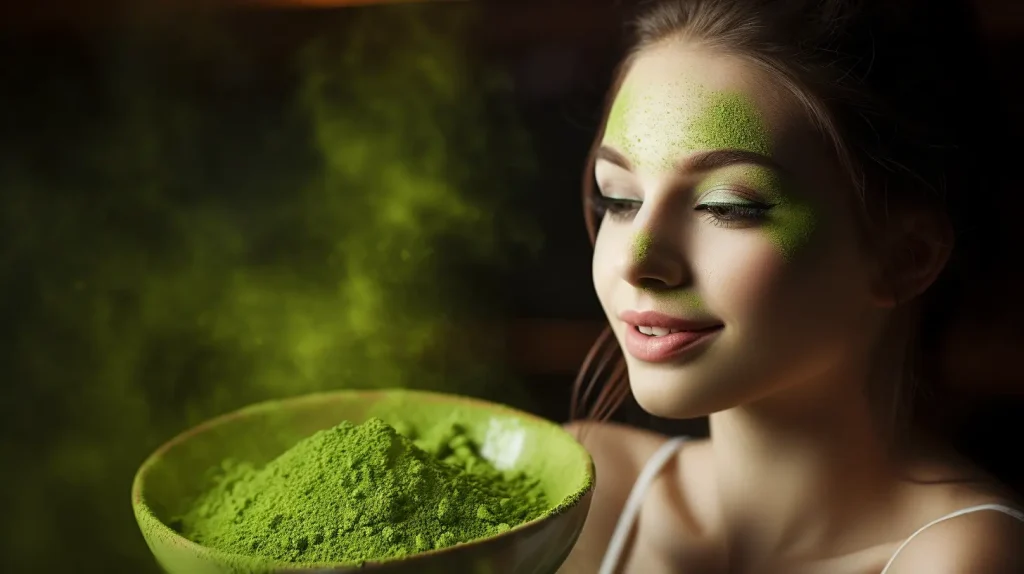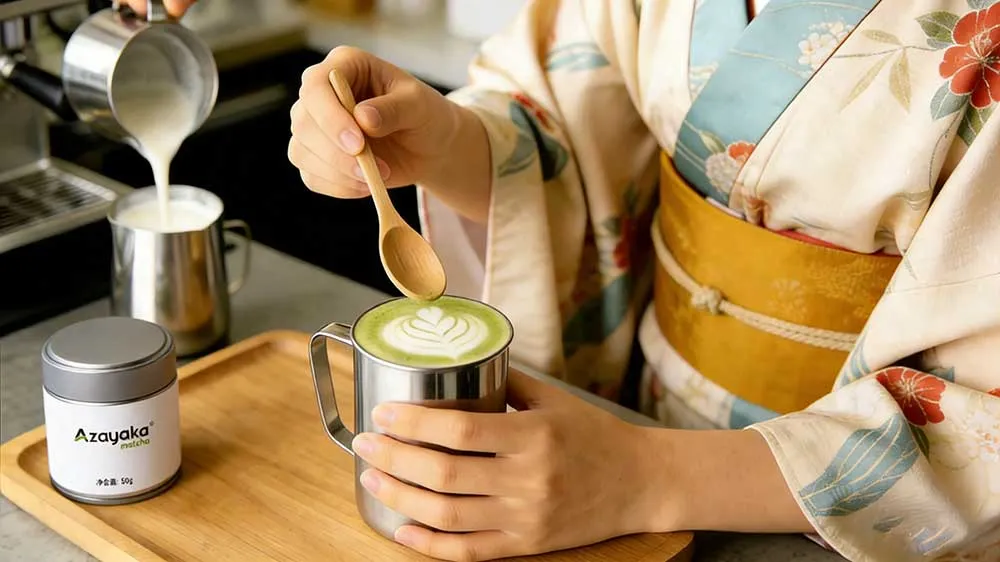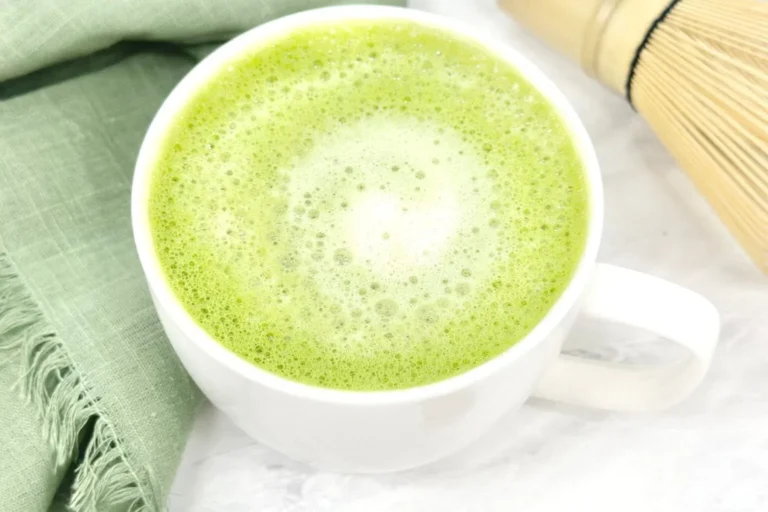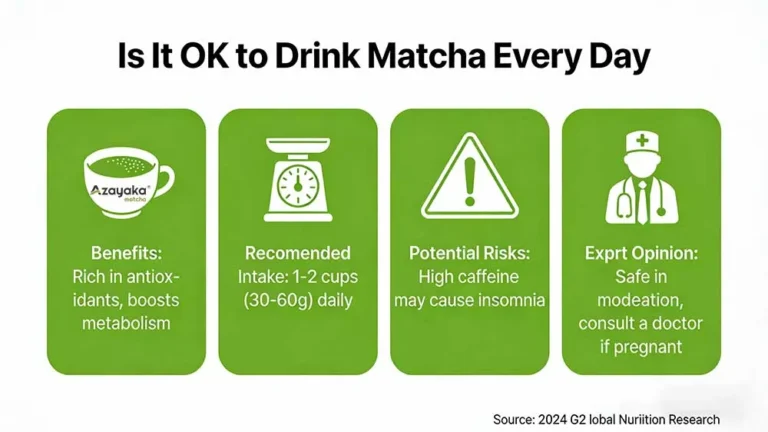Hey, friends, let’s talk about an interesting topic today – Matcha vs Coffee: Which One’s Better for Energy, Focus & Health?
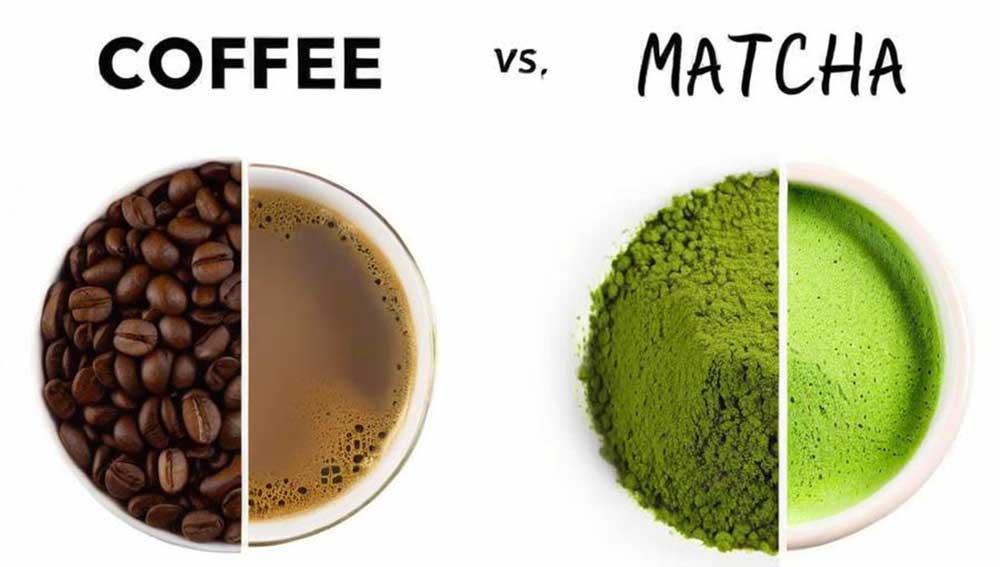
If you’ve ever found yourself torn between starting your day with a creamy matcha or a bold cup of coffee, you’re not alone. Both drinks have their die-hard fans—and for good reason. But which one actually gives you the energy and focus you’re looking for, without the crash?
Let’s break it down.
☕ What Makes Coffee So Popular?
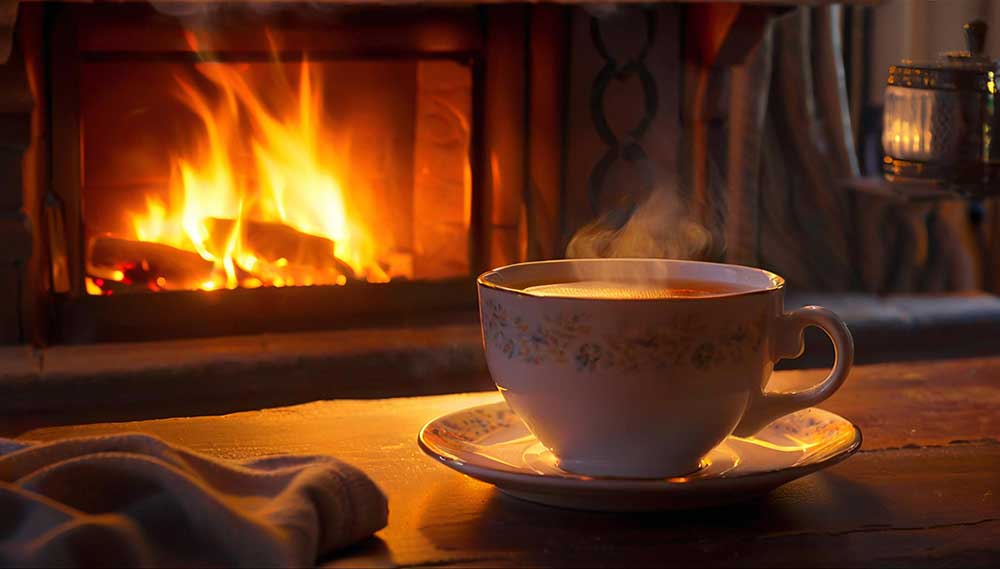
Coffee is a powerhouse. With around 95 mg of caffeine per cup, it delivers a quick energy boost that can improve focus, alertness, and even mood. Whether it’s a strong espresso or a creamy latte, coffee is versatile and comforting.
But that buzz comes with a catch: jitters, anxiety, and energy crashes are common, especially if you’re sensitive to caffeine or drink it on an empty stomach.
On the bright side, research links moderate coffee intake (1–3 cups a day) to benefits like reduced risk of type 2 diabetes and heart disease.
🍵 Why More People Are Switching to Matcha
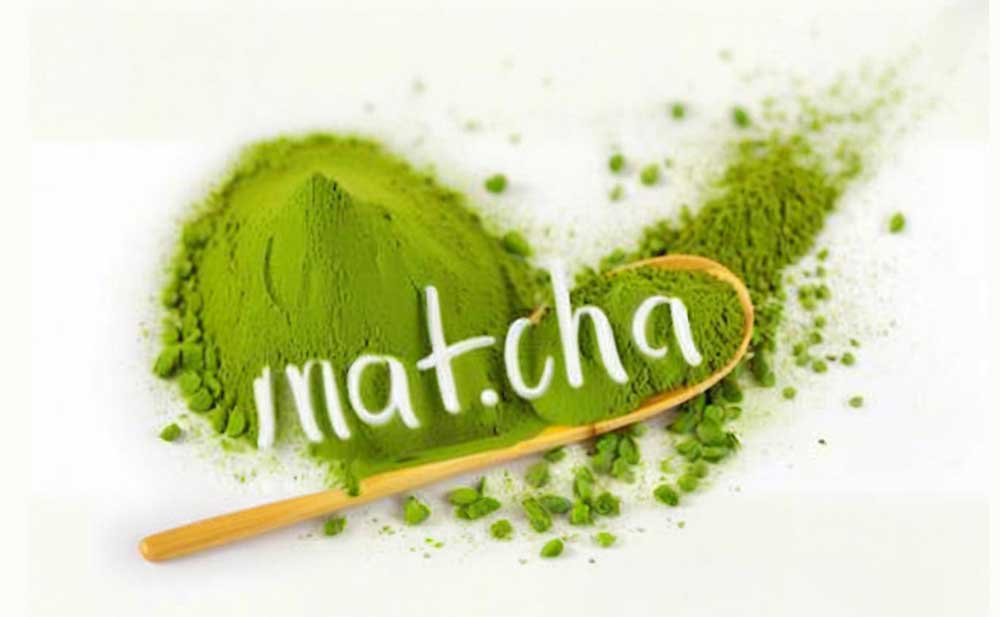
Matcha is powdered green tea made from specially grown, shade-cultivated leaves. It contains about 35 mg of caffeine per serving, but it hits differently. Thanks to L-theanine, an amino acid unique to tea, matcha offers calm, sustained energy without the crash.
It’s also packed with antioxidants like EGCG, which support heart health, fight inflammation, and may even aid weight management. Plus, making matcha is a mindful ritual—whisking it into a frothy green drink feels calming in itself.
🧠 Matcha vs Coffee: Side-by-Side Comparison
| Feature | Matcha | Coffee |
|---|---|---|
| Caffeine | ~35 mg / cup | ~95 mg / cup |
| Energy Type | Calm, focused | Fast, intense |
| Crash Risk | Low | High (especially with excess) |
| Antioxidants | Very high (EGCG) | Moderate |
| Best Time | Morning or afternoon reset | Early morning kickstart |
| Taste | Earthy, smooth | Bold, bitter or sweetened |
💡 So… Which One Should You Choose?
There’s no “better” drink for everyone—it really depends on your body, your goals, and your mood.
- Pick matcha if you want smooth, sustained focus without anxiety or crashes. It’s perfect for people who are caffeine-sensitive or looking for more antioxidants.
- Stick with coffee if you need a quick mental jolt or love the strong flavor and fast kick it gives.
Or, like many people do, alternate between the two! Matcha in the afternoon, coffee in the morning—it’s all about balance.
Both matcha and coffee offer great benefits when enjoyed mindfully. Whether you’re seeking mental clarity, energy, or just a delicious moment in your day, either can do the job.
Just listen to your body—and your taste buds.
Looking to try matcha?
Start with ceremonial-grade organic matcha for the smoothest taste and best health benefits. Shop Azayaka Matcha →
